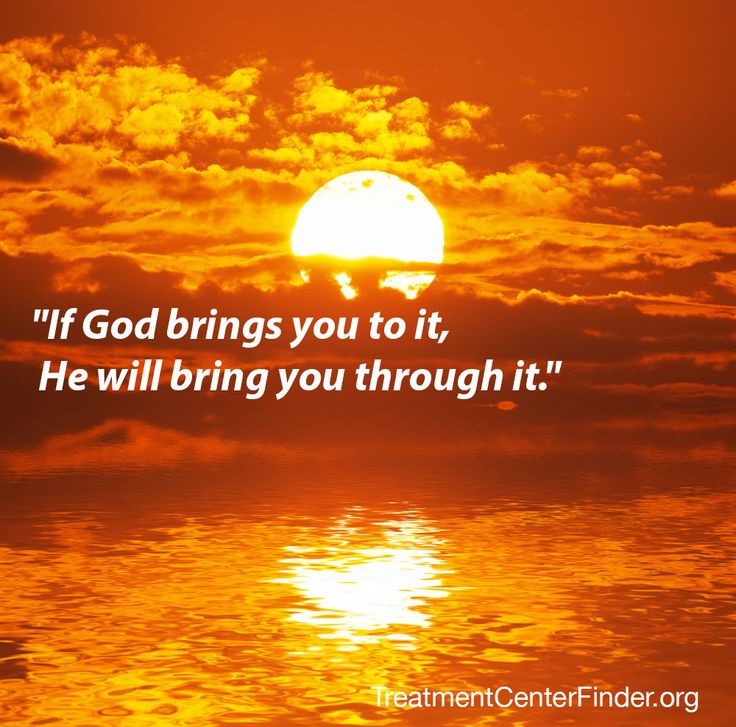Librium Abuse Programs Glenmora LA
Home
Top Librium Abuse Programs Glenmora LA Info
Librium Abuse Programs Glenmora LA
They turn to a National Drug Abuse Hotline or the Addiction hotline. So staying involved in to Christian support groups is critical after leaving drug rehab. By calling our drug rehab hotline, you are opening the door to recovery and taking the first step in getting help for drug abuse.
While many addictions are self formed, like overeating, drug addictions are usually brought on by peer pressure and an introduction to the different drug selections to an individual by a peer. If one is in need of an Outpatient Drug Rehab Facility, isn’t there a way to find one? For them, especially when they are actively using, it may be but a blip on the radar. I was captain of my cheer-leading team, took first in state in forensics … I don't expect this to be read, but I thought I'd share my story. I fell in love with an amazing man who lights up every room he walks into just as he lit up my life 3 years ago on July 8th.
Even more Information Around Butalbital Abuse Center

Here are Some More Resources on Fentanyl Rehab Treatment Programs Glenmora LA
Another situation might involve a person who has fallen quickly and hard into the drug scene. Don’t put off today for tomorrow may never come for someone who has a drug addiction. If you have any questions regarding the treatment and types of programs that they offer feel free to contact one of our counselors we will help you any way we can to get the life back that you deserve. Paying for Rehab When seeking rehab, an individual may balk at what are perceived to be the high costs of obtaining high-quality treatment. Hotlines to Call Drug and Alcohol Resource Center: 1-800-784-6776 Drug Rehabs: 1-866-762-3712 Recovery Connection: 1-800-511-9225 Addiction Helpline: 1-877-235-0400 National Institute on Drug Abuse: 1-800-662-HELP(4357) Drug Abuse and Alcohol Hotline: 1-800-553-7160 Teen Help Inc: 1-800-400-0900 Students Against Drugs and Alcohol: 1-800-782-4062 Drug Addiction Websites While the Internet is still fairly new, drug addiction has been around for years.
More Details About Fentanyl Rehab Treatment Programs
In a survey of treatment providers from three separate institutions (the National Association of Alcoholism and Drug Abuse Counselors, Rational Recovery Systems and the Society of Psychologists in Addictive Behaviors)[where?] measuring the treatment provider's responses on the Spiritual Belief Scale (a scale measuring belief in the four spiritual characteristics AA identified by Ernest Kurtz); the scores were found to explain 41% of the variance in the treatment provider's responses on the Addiction Belief Scale (a scale measuring adherence to the disease model or the free-will model addiction).[4] Scientific research since 1970 shows that effective treatment addresses the multiple needs of the patient rather than treating addiction alone.[citation needed] In addition, medically assisted drug detoxification or alcohol detoxification alone is ineffective as a treatment for addiction.[3] The National Institute on Drug Abuse (NIDA) recommends detoxification followed by both medication (where applicable) and behavioral therapy, followed by relapse prevention. Ask for the support and involvement of non addict friends and family. Because successful outcomes often depend on your participation, you need to know that your personal motivation is super important to a successful stay in rehab.
More Information About Revia Addiction Detox Centers Glenmora LA
This is when the substance use develops into substance abuse. Addicts can be more manipulative and cunning in their drug seeking behavior than you would like to believe your child capable of. Most inpatient centers offer family programs, where members of the patient’s family participate in family counseling and activities. How drug abuse and drug addiction develops There’s a fine line between regular drug use and drug abuse and addiction. HUMAN NATURE..is the answer to why we have so much drug addiction.... The cognitive therapist's job is to uncover this underlying system of beliefs, analyze it with the patient, and thereby demonstrate its dysfunctionality. Your browser may also contain add-ons that send automated requests to our search engine. Q: Still unsure whether you have an addiction problem or not? It’s not that they don’t love you, it’s that they are an addict. Experiencing legal trouble, such as arrests for disorderly conduct, driving under the influence, or stealing to support a drug habit. Problems in your relationships, such as fights with your partner or family members, an unhappy boss, or the loss of friends. We utilize adventure-based therapy, a proven curriculum, and ongoing individual and group addiction counseling.
Click Here for More Information
Previous Next
You may also like:
Hydrococet Abuse Facility Port Austin MI
Darvon Addiction Treatment Golden MS
Duramorph Rehab Facilities Limerick NY
Amphetamine Detox Treatment Center Watersmeet MI
Campral Addiction Rehab Centers Shirley NY
Roxiprin Addiction Program White Swan WA
Lorcet Addiction Programs Shelbyville TN
Addiction Recovery Doctor Detroit TX
Amobarbital Rehab Treatment Facilities Dearborn MO
Molly Addiction Detox Programs Westford NY
Acamprosate Abuse Facility Justin TX
Dextropropoxyphene Rehab Programs Joiner AR
Chlordiazepoxide Rehab Treatment Facilities Melvern KS
Drug Rehab With Medicare Yadkinville NC
Lorazepam Rehab Treatment Facility Calipatria CA
Outpatient Rehab Near Me Mellwood AR
Duragesic Addiction Program Olney Springs CO
Soma Addiction Treatment Clinics Fredonia AZ
Secobarbital Abuse Clinic Mc Afee NJ
Hydromorphone Addiction Facility Springbrook WI